Gaming | September 23, 2023
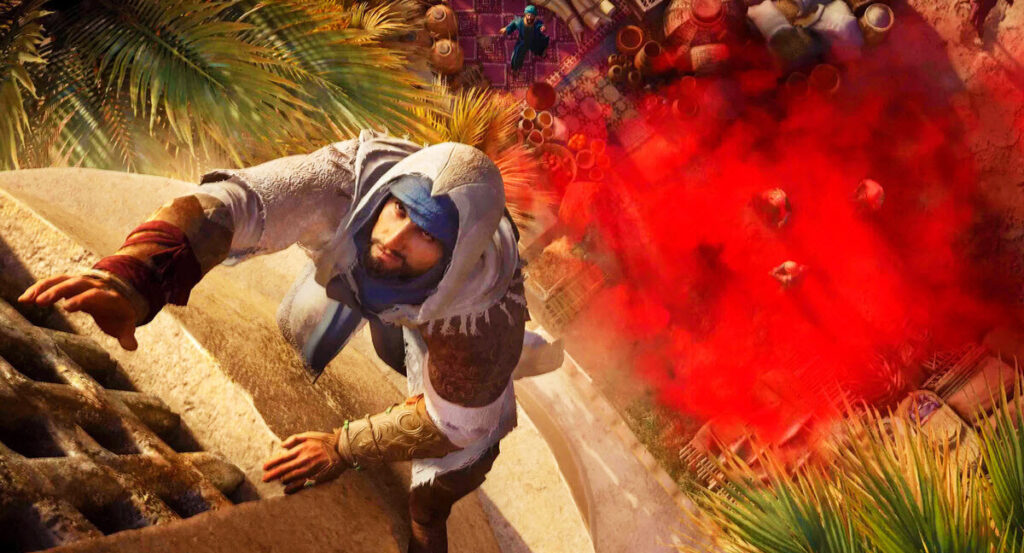
Having the opportunity to try out a video game just weeks before its release, and doing so in a nearly four-hour demo, is a privilege that should be valued, especially when it’s a release that raises doubts. And, for me, the approach of Assassin’s Creed Mirage to get closer to the early games and reduce complexity and size, I can’t hide that it generated them for me. The franchise had come a long way in recent years in a direction of complexity in terms of size, exploration, and progression elements that were beginning to bring its concept closer to that of an open-world RPG like The Witcher 3: Wild Hunt (with significant differences, of course) than to the much more basic and direct origins of the franchise. How would a step back in this regard affect the brand? Will the game be simpler or just more straightforward (these are very different things)? This demo has changed my initial impression.
One of the most striking aspects of Mirage has to do with the notable reduction in scope and ambition it proposes. In the recent games of the Assassin’s Creed saga, having multiple cities and the travel between them was a crucial part of the experience, even the first one had different locations even though it was much more segmented. This time, what we have with us is Baghdad as the only backdrop, but it’s a city with distinct and well-differentiated districts and the usual level of care and amazing recreation work that the brand is known for.
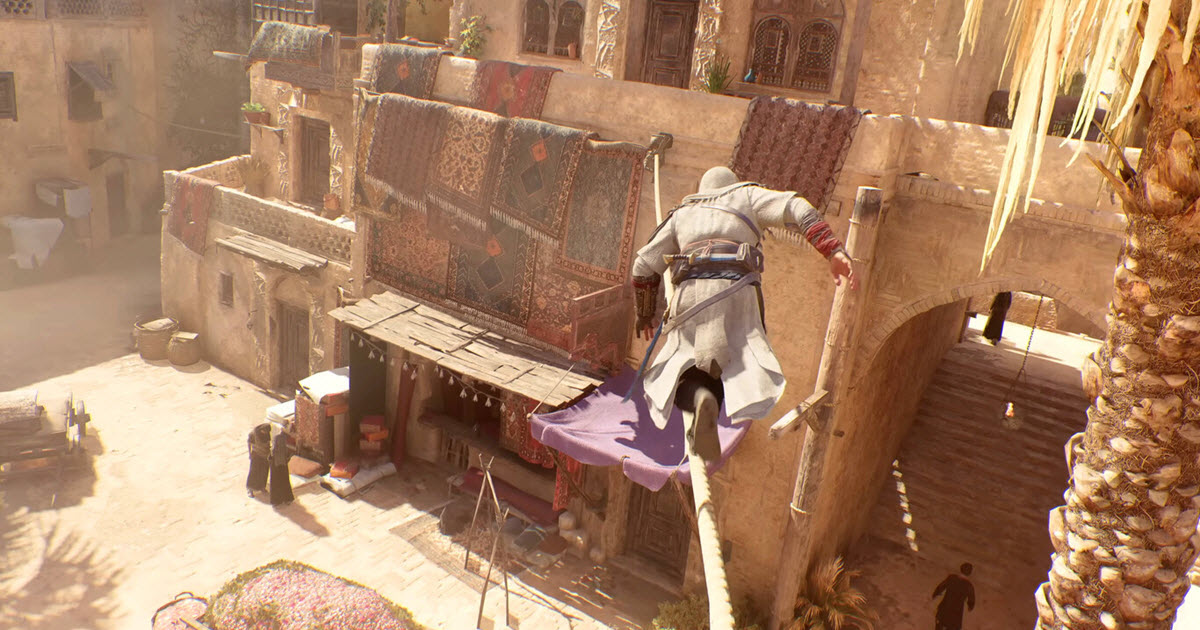
What I liked about exploring these areas has to do with some interesting design decisions that Ubisoft has made regarding exploration and how they encourage it. First, because parkour is not as automated as it was in previous installments. There are some new animations and details that improve our control over everything that’s happening, but there are also details of navigating the environment, such as “upward” and “downward” climbing, which remind me of Assassin’s Creed Unity: a game that, for many, is the best in terms of acrobatics. I need to test it more thoroughly to see how it works, but my first impressions in these hours have been positive.
On the other hand, in addition to being very attentive to our surroundings to see the best climbing options and take advantage of the details of the environment that can help us make agile movements (like hanging elements that allow you to quickly turn a corner, for example), you also have to be more observant than ever with the NPCs. The protagonist, Badim, is a thief, and that’s not just a narrative matter; it also affects gameplay. For example, while walking among the people, we can see highlighted who the citizens with valuable items are, and we can directly steal from them. To do this, you have to get close to them and maintain proximity until a QuickTime Event is activated, allowing us to proceed with the theft.
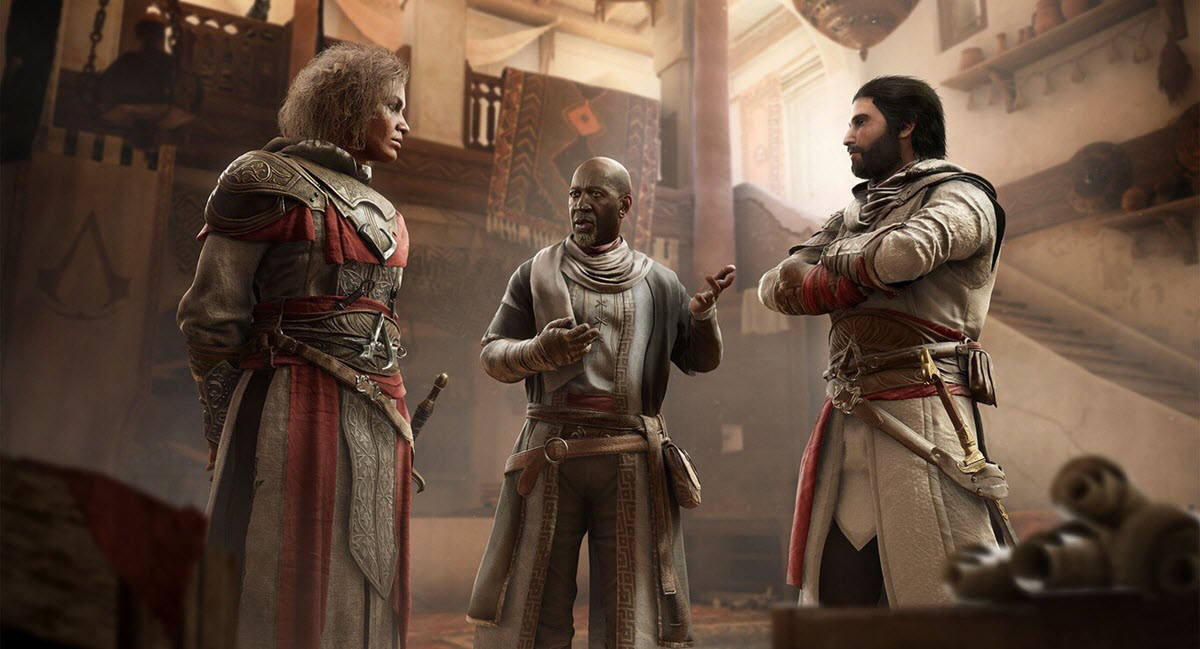
The missions themselves are the other major pillar that encourages exploration within the gameplay of Assassin’s Creed Mirage. Obviously, I’ve only seen a small part of the game, and even though its total duration will be shorter than the recent releases in the series, the tasks I’ve seen always go beyond being a mere location marker to go to. Yes, of course, the marker is there to point us to a neighborhood, a facility, a market, or an enemy complex, but once we arrive in that area, we find a large area for reconnaissance, and in all cases, it includes several buildings, streets, etc.
So, whether it’s to assassinate someone or find a specific object, our eagle and our ability to pay attention to threats and opportunities in the area are the best allies we can have. The scenarios I’ve seen in the missions I’ve tried are full of corners, various heights, and other paths that make it very interesting to play in our style. This is something I really liked.
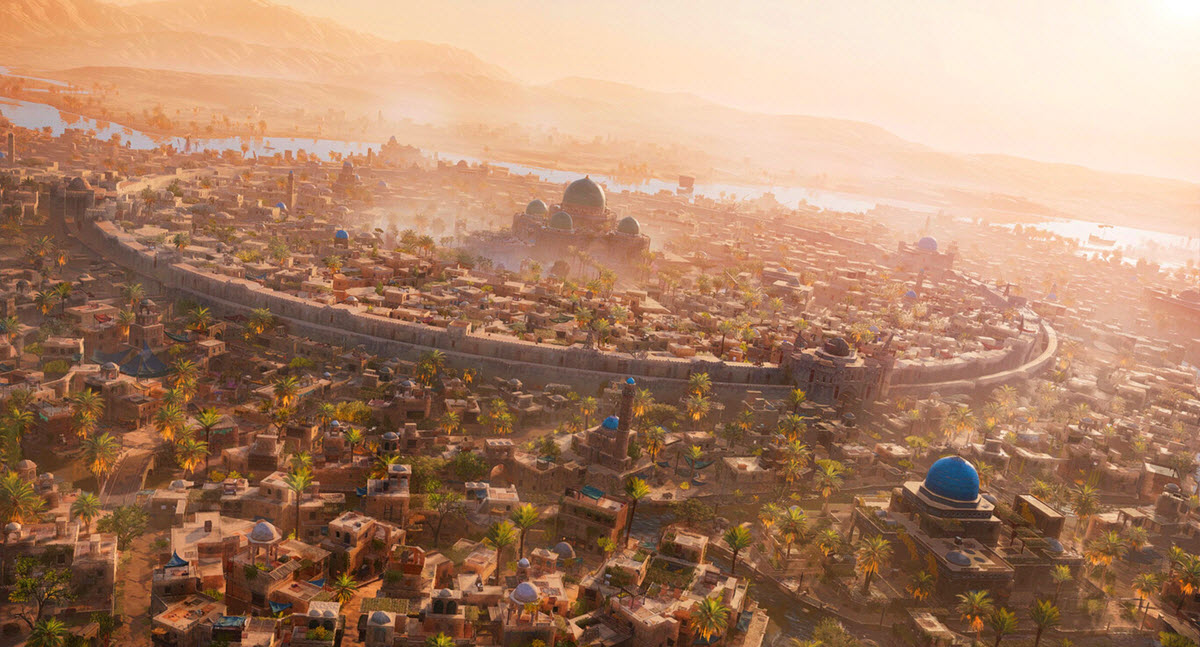
And it’s important to rely on knowing our surroundings like the back of our hand and try to opt for stealth as in the old days, because in an action scene with several enemies, we’re overwhelmed. Staying unnoticed is crucial in the series again after a few years focused on an Action-RPG style that had nothing to do with the brand’s origins.
Those high-level enemies that could prevent an execution if we strayed too far from their range have disappeared; here, from what I’ve seen, all enemies fall equally. Obviously, there’s a difference between, for example, shooting an opponent in the body and shooting them in the head—only the latter empties their health bar completely. But otherwise, everything fits more with the approach of action and adventure that the series traditionally had until the arrival of Assassin’s Creed Origins.
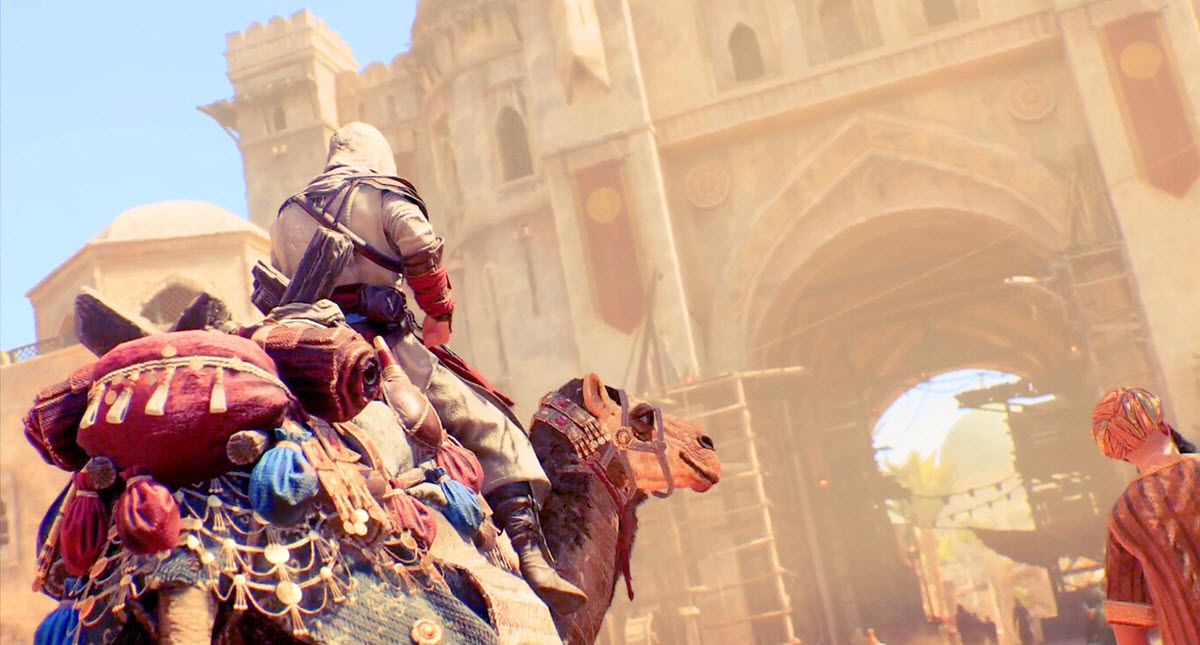
Action is a last resort, but even so, I get the feeling that it hasn’t been neglected at all. We have a button to attack (which, when held down, is the heavy attack), another to block, another to dodge, and, of course, the triggers for ranged shots. But in the demo, enemies don’t take turns to attack, and the rhythm for defense is as important as being accurate with the timing for offensive moves.
Of course, this “step back” that the series takes in some aspects like size or complexity also applies to character progression. We say goodbye to the level system as it was in the last three episodes, but not to character evolution. In fact, in the video accompanying this text, you can see the skill points we can invest and how to do it to improve and customize the experience as much as possible to make the hero adapt to our style of play.
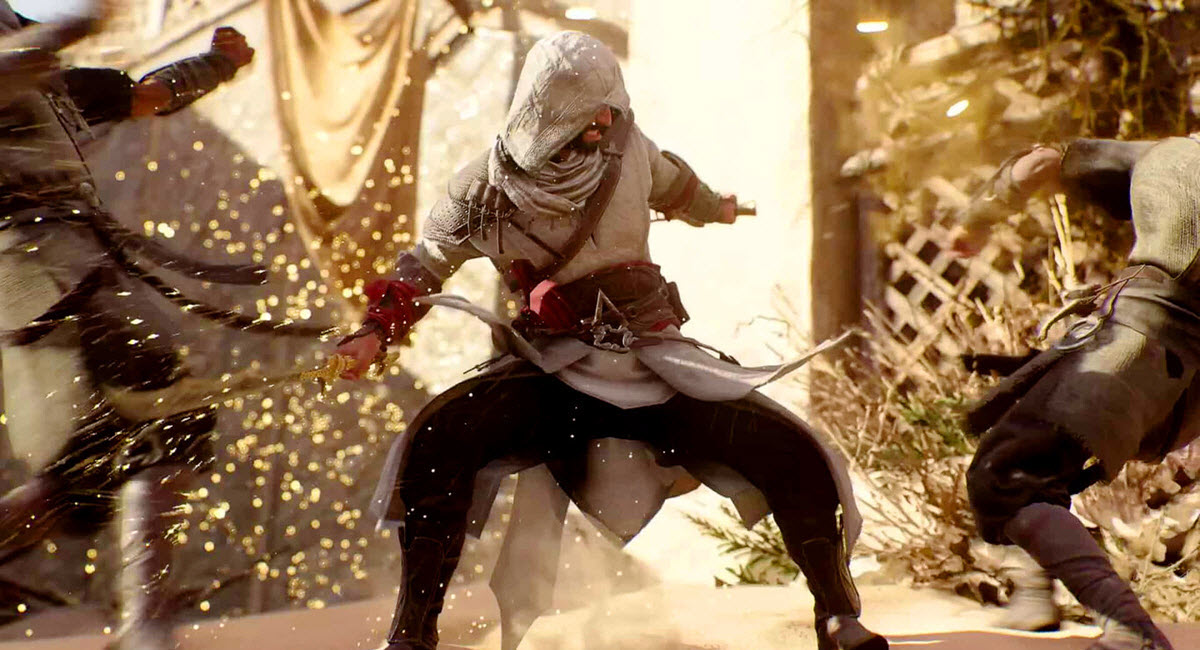
This also extends to tools and weapons; all of them can be upgraded and sold. In fact, among the things we steal, there’s money, materials for crafting, and also a series of tokens that are the most valuable currency in the game, which we can use from getting a discount in a shop to obtaining premium items. There’s no in-game store to buy these tokens with real money, at least not in this version, so you can rest easy in that regard.
This first entirely playable contact has piqued my curiosity for an approach that made me skeptical. It’s still too early to form a definitive opinion, and only a complete view of Mirage could allow that, but this demo has been pleasant, satisfying, and it has changed my mind. Even so, logically, one must keep in mind that companies only show the things they feel extremely comfortable with and are entirely sure will impress the press and fans. So, as always, one must be somewhat skeptical of the conclusions, but my perspective on the title has completely changed. Now, I’m looking forward to it.